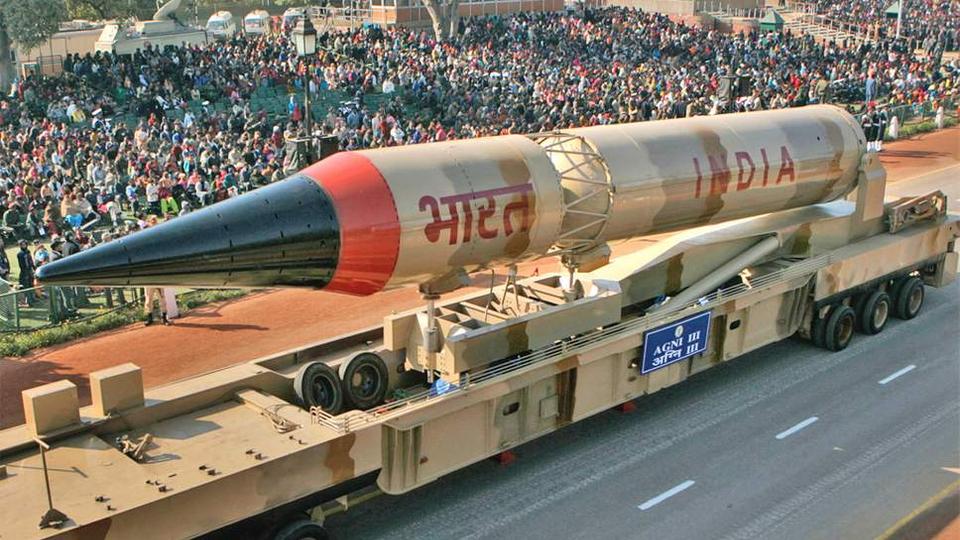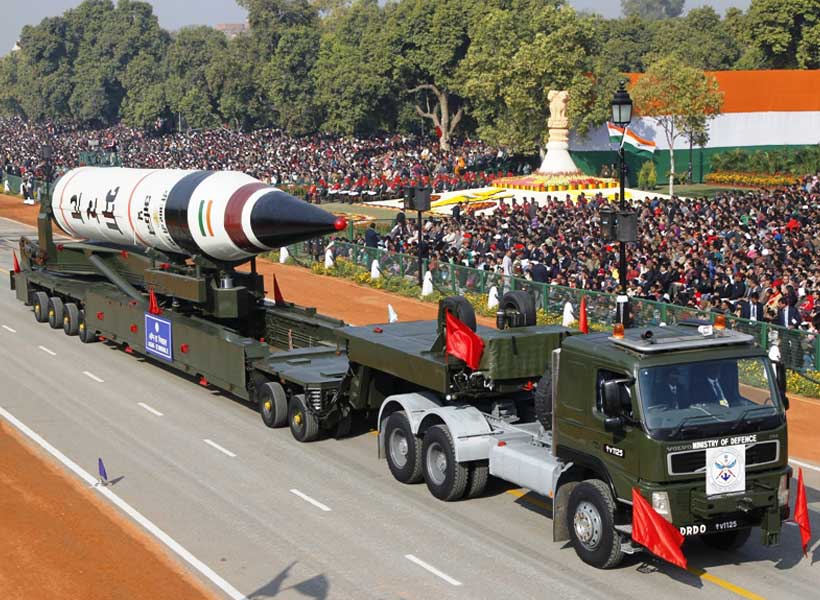Lt Gen (retd) Khalid Ahmed Kidwai, advisor to the National Command Authority (NCA), has issued a warning that the grip Hindu extremists have over India’s nuclear arsenal has increased dangers to the strategic stability of the region.
On Monday, he presented at the eighth workshop on “Strategic Stability in South Asia” sponsored by the Centre for International Strategic Studies (CISS) and the International Institute for Strategic Studies (IISS).
He added that the “toxic mix of poisonous ideology and custody of nuclear weapons” was a new phenomenon that was posing a serious threat to strategic stability in South Asia. “Custodial control of India’s large triad of the nuclear arsenal have now fallen firmly in the hands of an extremist fundamentalist leadership,” he said.
India’s nuclear arsenal is under the command, control, and operational control of the Indian National Command Authority. Prime Minister Narendra Modi is currently in charge of its political council, and National Security Advisor Ajit Doval is in charge of its executive council. Amit Shah, the home minister, and Rajnath Singh, the defence minister, are just two of the ministers with RSS ties who are also NCA members.
As you may remember, PM Modi has maintained an aggressive nuclear posture. He discussed the usefulness of nuclear weapons in his public rallies. The nuclear doctrine has changed while Modi has been in power, according to his ministers and former senior officials, although they later contradicted this. On other times, his ministers have likewise said inflammatory and reckless things.
- Advertisement -

The threat posed by radicals possessing Indian nuclear weapons, according to General Kidwai, has “assumed a real life aspect and velocity of its own.” He pointed out that the problem extends beyond the local area.
He claimed that the missile incidents in March 2022 and the airstrike in Balakot in February 2019 were two instances of radicals waging war on their nuclear-armed neighbour without thinking about the repercussions.
General Kidwai, who has presided over several tests, disagreed with India’s claim that the BrahMos Missile that crashed in Pakistan on March 9 was accidentally launched. He claimed that the launch could not have occurred without high-level political approval and meticulous operational and technical preparation that took weeks to complete.
At the workshop, several specialists spoke about the political and technological factors that influence strategic stability in the context of South Asia.
They discussed the effects of Hindu Rashtra, big-power rivalry, developing technology, trends in export control agreements, and military advancements within the expanding framework of the Quad Axis, in addition to the strategic cultures of India and Pakistan.










